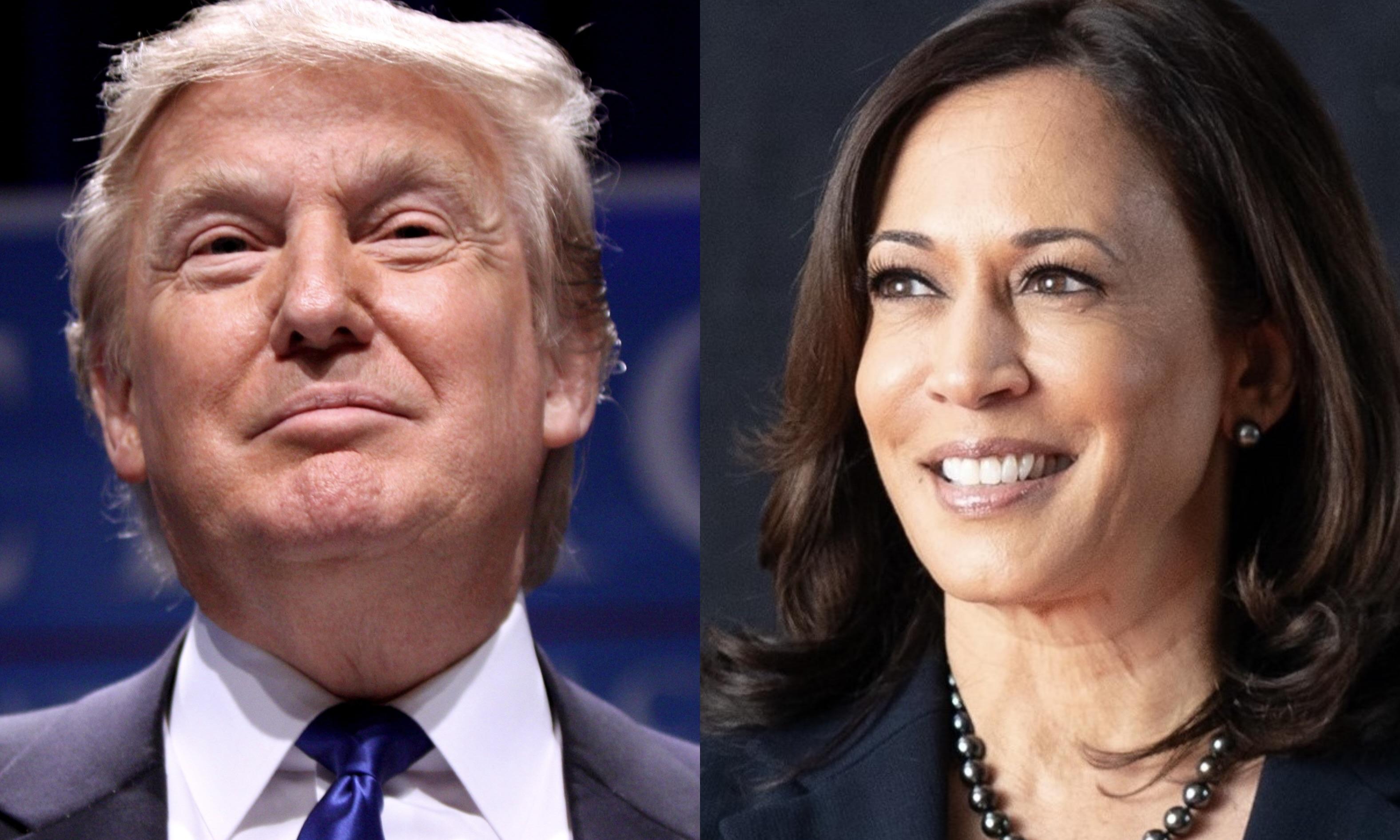Texas Attorney General Ken Paxton has mobilized his legal team to monitor polling locations across Texas, deploying resources to identify and prosecute potential election fraud cases in major cities. Paxton’s initiative reflects an intensified focus on securing Texas’s voting process and comes amid heightened scrutiny of election integrity across the nation. His office has confirmed that specialized teams are stationed in Houston, Dallas, Austin, and other urban centers to respond swiftly to any credible reports of voting irregularities.
In a public statement, Paxton emphasized that the operation is part of Texas’s commitment to ensuring a fair and transparent election. “We are committed to protecting the integrity of our elections in Texas,” Paxton said. “Our legal team is ready to address any and all instances of election fraud swiftly and effectively.” The attorney general’s office added that the deployment is designed not to intimidate voters but to provide peace of mind, ensuring all votes are cast and counted lawfully.
Paxton’s actions have received mixed reactions. Supporters argue that the additional oversight helps deter potential misconduct, particularly in densely populated areas where voter turnout is traditionally high and logistical challenges more complex. Texas GOP spokesperson Kelly Anderson stated that Paxton’s efforts are about reinforcing public trust. “This is about creating confidence in our voting system,” Anderson said. “When voters know that there are safeguards in place, they feel secure that their votes will be counted fairly.”
However, critics contend that Paxton’s measures may discourage turnout, suggesting that his approach could be interpreted as a form of voter intimidation, especially in urban areas with large minority populations. The Texas Democratic Party voiced concerns that the presence of state officials actively investigating election fraud could create an atmosphere of fear among some voters. “Texas voters deserve an environment free from intimidation,” said Juanita Vasquez, spokesperson for the Texas Democratic Party. “We should be encouraging everyone to vote, not making them feel as though they’re under surveillance.”
Paxton’s office clarified that teams would not be stationed inside polling locations but rather available to respond to reported incidents nearby. According to the attorney general’s office, this setup allows them to address concerns without interfering directly with voting sites. “Our teams will be on standby to respond where needed, but they will respect the sanctity of polling locations,” Paxton’s office stated. “We are not there to monitor voters, but to protect them.”
Political analysts view Paxton’s election monitoring as part of a broader trend among states increasing focus on election security, especially in high-stakes contests. “We’re seeing more states emphasizing oversight in close races,” noted Dr. Elena Garcia, a political science professor at Texas A&M. “Whether these measures increase security or create unintended consequences depends on their execution and public perception.”
As the polls remain open, Texas’s efforts to identify and prosecute any instances of election fraud reflect the ongoing national debate over election integrity. For Paxton, this initiative is intended to reassure Texas voters that their voices will be protected, but for critics, the move raises questions about whether such aggressive tactics might deter voter participation. The true impact of Paxton’s plan will likely emerge as Texans finish casting their ballots.



 Zelenskiy Urges Change in Iran After U.S. and Israeli Strikes, Cites Drone Support for Russia
Zelenskiy Urges Change in Iran After U.S. and Israeli Strikes, Cites Drone Support for Russia  Rubio Says U.S. Would Not Target School After Deadly Iran Strike Reports
Rubio Says U.S. Would Not Target School After Deadly Iran Strike Reports  U.S. Lawmakers Question Trump’s Iran Strategy After Joint U.S.-Israeli Strikes
U.S. Lawmakers Question Trump’s Iran Strategy After Joint U.S.-Israeli Strikes  Trump Announces U.S. Strikes on Iran Navy as Conflict Escalates
Trump Announces U.S. Strikes on Iran Navy as Conflict Escalates  Trump Says U.S. Attacks on Iran Will Continue, Warns of More American Casualties
Trump Says U.S. Attacks on Iran Will Continue, Warns of More American Casualties  Trump to Attend White House Correspondents’ Dinner 2026, Ending Long Boycott
Trump to Attend White House Correspondents’ Dinner 2026, Ending Long Boycott  Israel Strikes Hezbollah Targets in Lebanon After Missile and Drone Attacks
Israel Strikes Hezbollah Targets in Lebanon After Missile and Drone Attacks  Iran Detains U.S. Citizens Amid Escalating Conflict With the United States and Israel
Iran Detains U.S. Citizens Amid Escalating Conflict With the United States and Israel  UK Accepts U.S. Request to Use British Bases for Defensive Strikes on Iranian Missiles
UK Accepts U.S. Request to Use British Bases for Defensive Strikes on Iranian Missiles  Israel Launches Fresh Strikes on Iran After Death of Supreme Leader Ayatollah Khamenei
Israel Launches Fresh Strikes on Iran After Death of Supreme Leader Ayatollah Khamenei  Trump’s Iran Strikes Spark War Powers Clash in Congress
Trump’s Iran Strikes Spark War Powers Clash in Congress  Marco Rubio to Brief Congress After U.S.-Israeli Strikes on Iran
Marco Rubio to Brief Congress After U.S.-Israeli Strikes on Iran  Does international law still matter? The strike on the girls’ school in Iran shows why we need it
Does international law still matter? The strike on the girls’ school in Iran shows why we need it  AI is already creeping into election campaigns. NZ’s rules aren’t ready
AI is already creeping into election campaigns. NZ’s rules aren’t ready  EU Urges Maximum Restraint in Iran Conflict Amid Fears of Regional Escalation and Oil Supply Disruption
EU Urges Maximum Restraint in Iran Conflict Amid Fears of Regional Escalation and Oil Supply Disruption  Why did Iran bomb Dubai? A Middle East expert explains the regional alliances at play
Why did Iran bomb Dubai? A Middle East expert explains the regional alliances at play 































